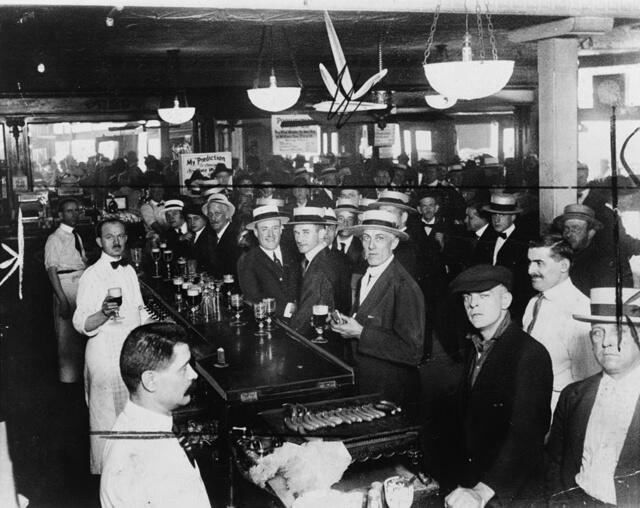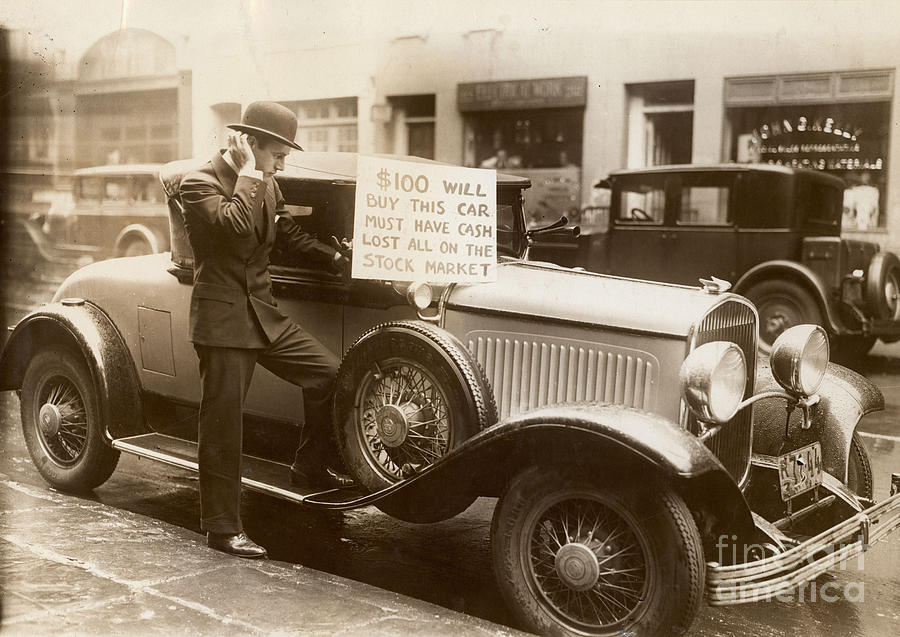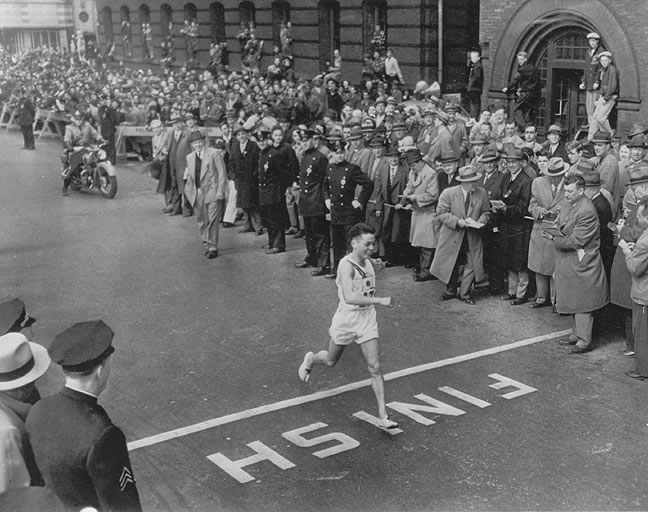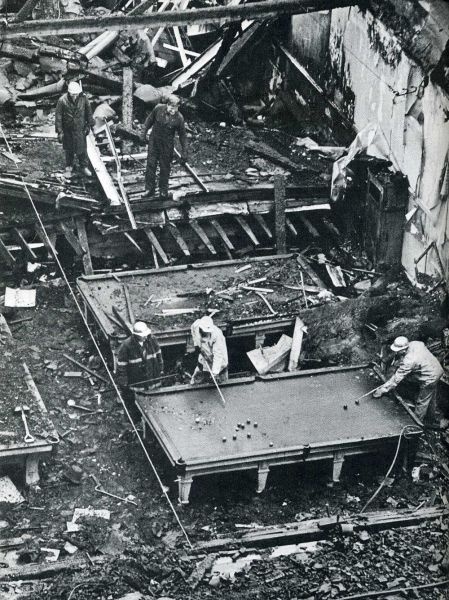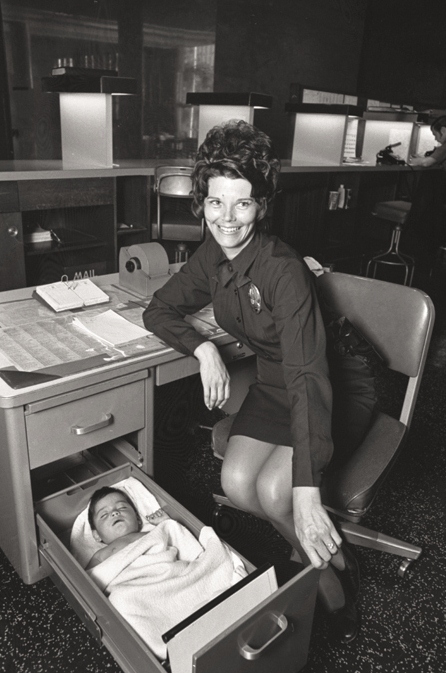Ralph Gates is on a mission. “No, not
that kind of mission,” he's quick to add. It's his favorite joke
these days. No, his mission is to capture on DVD the life stories of
“the passionate people of Park City.” That's what he calls us. At
86 years old, he's in a hurry to get the job done.
Gates is that rare individual who seems
to be more interested in telling other people's stories than in
telling his own. This in spite of the fact that his is more
interesting than most. Talk to him long enough and the story
eventually emerges.
Gates joined the Army in 1944,
expecting to be an infantryman in the European theatre. Instead, the
20-year-old college engineering student was secretly shipped to Los
Alamos, New Mexico, where he worked under Oppenheimer developing and
building the first Plutonium “A”bomb, the one that resulted in
the surrender of Japan in July of 1945. But that's not what he wants
to talk about.
Born in Chicago, Ill., Gates grew up in
Nashville, Tennessee. “I never told anybody in town that I was
born in Chicago because I didn't want my pals to know I was a
“Yankee,” he chuckles. As a boy, Gates wandered the nearby woods,
swimming in ponds and hunting quail and doves. “Back in the 1930s,
Nashville was a small town, only about 160,000 people. I didn't have
to go far to be out in the country.”
As a teenager, Gates frequented the
“Grand Old Opry” and danced to all the big name bands that came
to town.
After graduating from high school at
age 17, Gates enrolled at nearby Vanderbilt University and studied
chemical engineering. But the war was on and he was eager to join the
fight. He was turned away and given a student deferment the first
time the tried to join. “Don't worry,” said the recruiter. “We'll
call you up when we need you.”
The call came a year later and Gates
soon found himself caught up in the most secret war project of the
last century. His job at Los Alamos was to melt and form the highly
explosive concoction of TNT and other chemicals that encased the
plutonium and triggered the nuclear fission reaction. “We used
steam to heat up the TNT in a big sugar melting pot,” says Gates.
“It was dangerous, yes, but our lives weren't any more important
than the foot soldiers in the foxholes.”
Gates recalls having lunch with
Oppenheimer. “He'd come into the lunchroom and sit down at a table
with the rest of us. He was just a regular guy, a good manager.”
Gates was discharged soon after the war
ended and went on to complete his engineering degree at Vanderbilt
and a master's degree at MIT. He then embarked on a 40-year career as
an engineer in product development and technical sales with Stauffer
Chemical Co. His job took him successively from Illinois, to
Connecticut, to New York.
After retiring in 1990, Gates and his
wife, Fran Kennedy, moved to Park City. They had visited Utah to ski
in the 1980s, and knew that they wanted to live here. “As soon as
we got here we wanted to build a fence around the place,” he
laughs. Avid outdoor enthusiasts, they took to the mountains with
gusto. “There aren't too many places that we didn't visit skiing,
back packing, hiking or camping in the Uintas and the state and
national parks,” he says. Sadly, Kennedy passed away ten years ago
and Gates has been going it alone since then.
The story Gates really wants to talk
about began just a few years ago. It seems he's always had an
interest in film and video. “ I was shooting home movies of the
family way back in the 1930s,” he says. “I got a camcorder
several years ago and a big idea came to me. My passion, my mission
now is to record visual life stories of mostly ordinary people who
have lived through some of the most turbulent times in our history.
I don't want their descendants to just read about them or hear about
them years later. I want them to feel their emotions as they watch
them talking in living color.”
Gates continues: “The world is
changing so swiftly now because of unlimited communications that such
experiences will surely be helpful in guiding our lives positively.
Admittedly, that's my 'constrictive optimism' coming through, but
it's the only way to go!”
He began by taping fellow war veterans,
but has since expanded into taping many prominent Parkites. He
calls them “the passionate people of Park City, people with
imagination, initiative and perseverance” and believes they have
“immigrant” genes in them. “How could they be better described.
Some came for economic reasons. Some came because they have the
'free spirit' gene. They think, 'hey, there's something better I want
to do.' That's what the ski bums were all about. They wanted to ski
so badly they would do anything to stay here. They took two or three
jobs, bought houses dirt cheap and made a lot of money. They have the
immigrant gene too.”
In the last few years Gates has taped
the life stories of many local residents who have since passed on,
including Jim Santy, Roger Harlan and Mel Fletcher – all men who
figured prominently in the history of this town. “That can happen
to anybody at anytime,” he reminds us. “That's why any time
anybody in town retires I'm in their office the next day to do their
life story.”
To date he's taped over a hundred life
stories, among them those of Mayor Williams, Gary Cole, Blair
Feulner, Nan Chalat-Noaker [editor of the Park Record], Lisa Needham,
Lew Fine, Sally Elliott, Tom Clyde, Jack Wells, Bill Coleman, Tom
Cammermeyer, Meeche White, Tom Ward, and the list goes on.
What began as a labor of love has
evolved into a business of sorts for Gates. Though he initially did
his video stories for free, he now charges a modest fee for his
stories. “I can only do about two stories a week, so I'm not
getting rich doing this,” he says.
Gates admits to a growing sense of
urgency regarding his work. “I really think these stories are
important and should be kept somewhere in Park City so others can see
them. I'm open to any ideas for a place where t growing library of
life story DVDs can live. Like I said, I'm on a mission man!”
For more information about Life
Stories, or to suggest a home for them, contact Gates at
frkenn@comcast.net
VITAL STATISTICS
Favorite things to do: ski, hike, sing
with the Park City Singers, play bridge with friends at the
senior center
Favorite foods: anything except okra
and very spicy food.
Favorite reading: biographies,
scientific journals, historical fiction and poetry from the 1800s.
Favorite music: classical, country &
western and vintage big bands
HEAD: PC “Life Story” Video Man
Built “A” Bomb
DECK: He worked at Los Alamos in waning
months of WW II
QUOTE: “As soon as we got here we
wanted to build a fence around the place.”
CAPTION: Ralph Gates is on a mission to
record the stories of as many Park City residents as possible. He's
searching for a public place where his “life story” DVDs can be
viewed free of charge.


